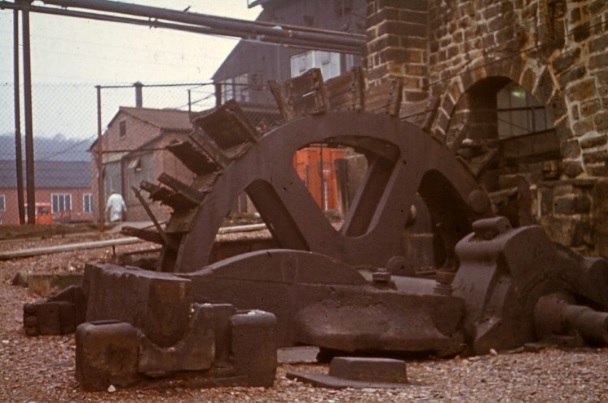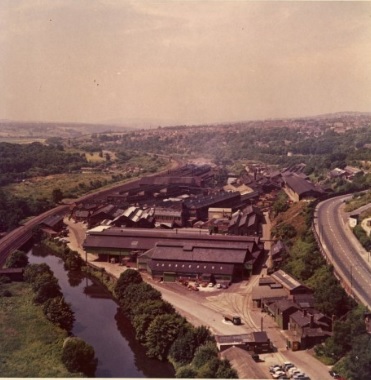It’s more than 300 years since shrewd businesswoman Elizabeth Beecroft first hammered out a successful career at one of the world’s oldest smithies at Kirkstall Forge.
Elizabeth’s story will be celebrated in a new exhibition in Armley looking back at the city’s proud history of innovation.

Opening at Leeds Industrial Museum next month, Leeds to Innovation will rediscover the achievements of some of the scientists, engineers and inventors who helped put the city on the map.
Among the ingenious individuals the exhibition will highlight will be Elizabeth – known as Betty – who took over the running of the historic Kirkstall Forge with her husband George in 1778.
Details gleaned from her diary reveal how a local “hammer man” from Kirkstall Forge, who came to Betty and George’s farm to buy a roll of butter, first sparked her interest when he told her the forge was available to let.
Despite the workshop’s dilapidated condition, she eventually persuaded her reluctant husband to help her take it over and although the couple initially faced ridicule, Betty quickly proved the doubters wrong.

With financial support from relative and investor John Butler, she took sole charge of the run down forge and set about bringing in new equipment and an astute new business model.
Selling finished products including buckets, shovels and screws saw profits skyrocket from £172 in 1780 to the handsome sum of £952 in 1784.
In her diary, Betty wrote:
“I took in large quantities of metal and scraps at Leeds besides taking care of my own business. Now we fully applied ourselves to our business my husband undertook the care of the farm and works and I undertook the care of the trade the books with the buying and selling also the Engagements of the Men.”
After six years of hard work, which saw extensive improvements to the forge, Betty decided to step down, leaving behind a successful business which went on to become a cornerstone of the early industrialisation of Leeds, supplying the iron used for boiler, engine and machine making.
John McGoldrick, Leeds Museums and Galleries’ curator of industrial history, said:
“From her diary and records of the age, it’s clear that Betty Beecroft was a remarkable person, whose keen mind for business and eye for an opportunity were in many ways ahead of their time.
“Her vision and determination also laid the foundation for centuries of production at the forge, which in turn played a crucial role in some of the city’s biggest industrial success stories.
“For hundreds of years, Leeds has been a crucible of ideas and experimentation and a home to innovators whose creations and endeavours changed the city and the world we know today in ways both big and small.
“By rediscovering some of their stories, we can learn more about how they came to be at the cutting edge of their fields, what inspired them and what drove them to succeed.”
Leeds to Innovation explores 300 years of the city’s great minds, looking at famous names like John Smeaton, the ‘Father of Civil Engineering’ and designer of the Eddystone Lighthouse, as well as less well-known figures like Dr Brian Boffey, whose experiment with hot gelatine created the popular sweet Jelly Tots.
Leeds to Innovation opens at Leeds Industrial Museum on Saturday, October 26.
For more details about the Canal Road museum, visit its website.

